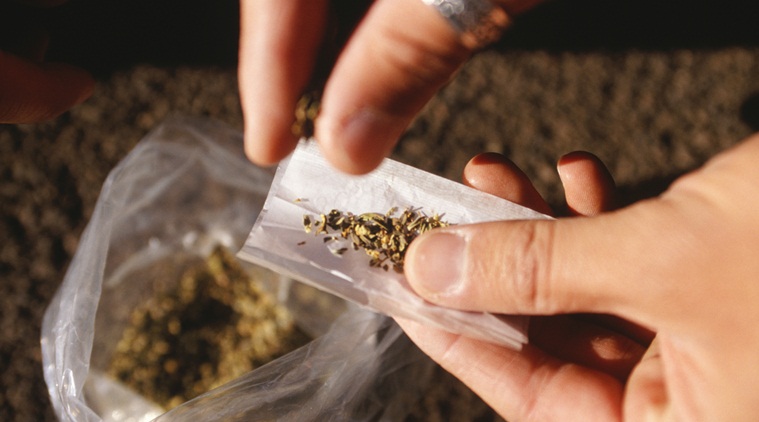A monumental ruling in the Massachusetts Supreme Judicial Court on Tuesday declared that police officers are unable to testify whether a driver was under the influence of marijuana while operating a vehicle based on the results of a field sobriety test (FST).
According to the Supreme Court of Massachusetts, “Unlike alcohol, marijuana does not act as a general central nervous system depressant, impairing functions throughout the body. Nonetheless, the primary psychoactive substance in marijuana, tetrahydrocannabinol (THC), is known to have an impact on several functions of the brain that are relevant to driving ability, including the capacity to divide one’s attention and focus on several things at the same time, balance, and the speed of processing information.”
The court determined the psychoactive effects of cannabis vary too greatly from person to person for an officer to make a confident decision about the motor vehicle operator’s level of inebriation.
“A police officer may not suggest, however, on direct examination that an individual’s performance on an FST established that the individual was under the influence of marijuana. Likewise, an officer may not testify that a defendant “passed” or “failed” any FST, as this language improperly implies that the FST is a definitive test of marijuana use or impairment.”
Many states, in an effort to speed along marijuana reform, have attempted to regulate marijuana as they do alcohol. In some cases, the alcohol laws may be applicable to marijuana regulation, but the Massachusetts Supreme Judicial Court has decided that when it comes to field sobriety tests and a law enforcement officer’s ability to effectively determine a driver’s level of intoxication, cannabis is unique.
“By contrast, in considering whether a driver is operating under the influence of marijuana, there is as yet no scientific agreement on whether, and, if so, to what extent, these types of tests are indicative of marijuana intoxication. The research on the efficacy of FSTs to measure marijuana impairment has produced highly disparate results.”
While a police officer may testify to a driver’s appearance of intoxication (eye color distortion, lack of balance, dangerous driving, a presence of cannabis odor, etc.), they may not offer a conclusive opinion on whether the driver was “high,” as there are simply too many variables for an officer to weigh.
“Because the effects of marijuana may vary greatly from one individual to another, and those effects are as yet not commonly known, neither a police officer nor a lay witness who has not been qualified as an expert may offer an opinion as to whether a driver was under the influence of marijuana.”
The jury, in this case, was instructed to consider the results of the field sobriety test, but not to let them weigh as heavily as scientific evidence of marijuana impairment. “Evidence of how a defendant performed in roadside assessments, standing alone, is never enough to convict a defendant of operating under the influence of marijuana,” the court instructions concluded.
credit:marijuana.com









